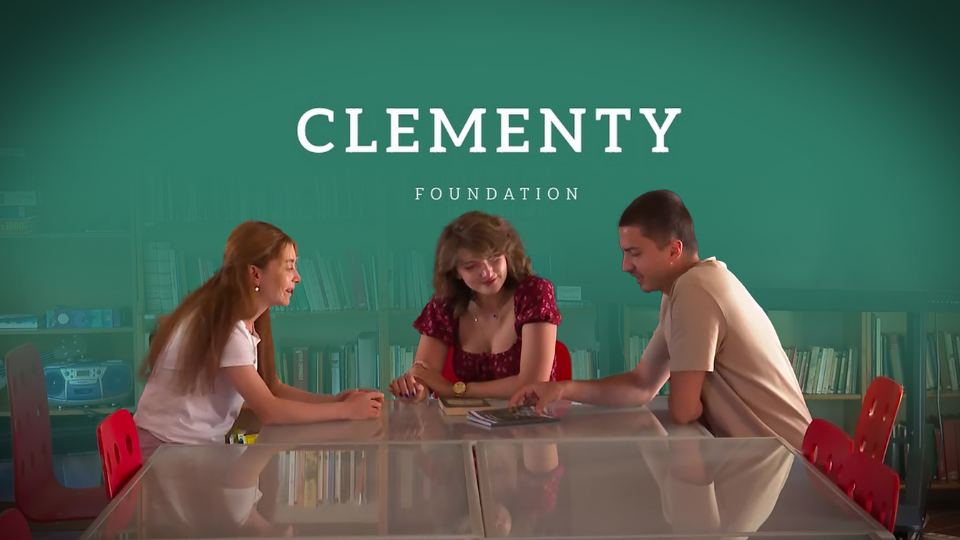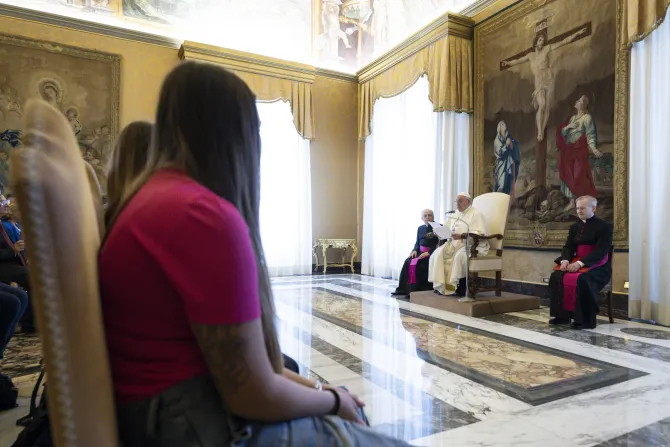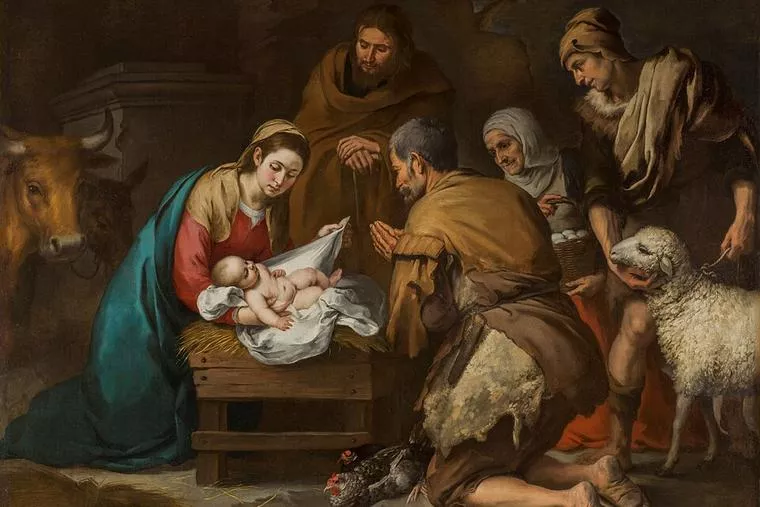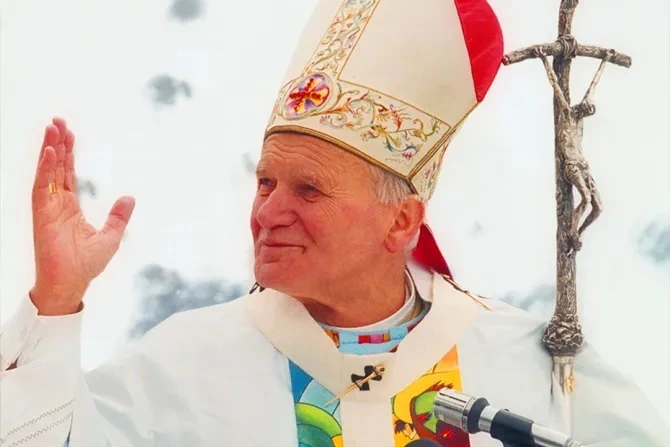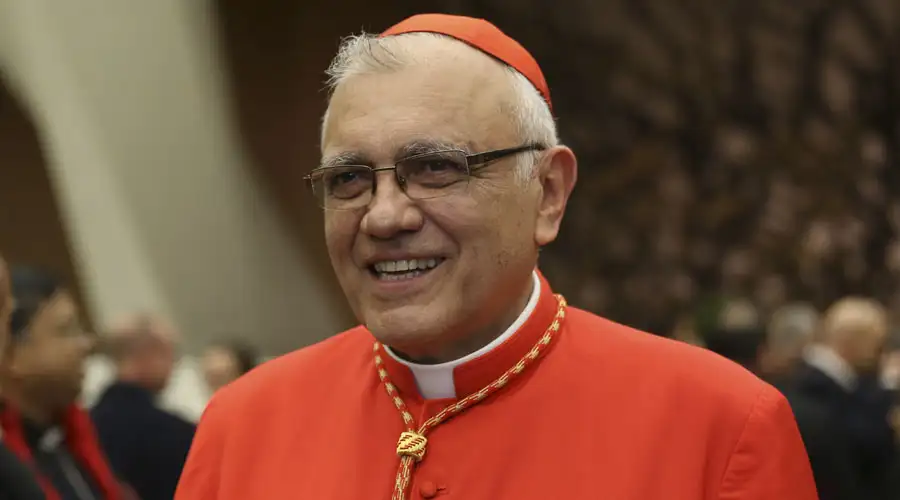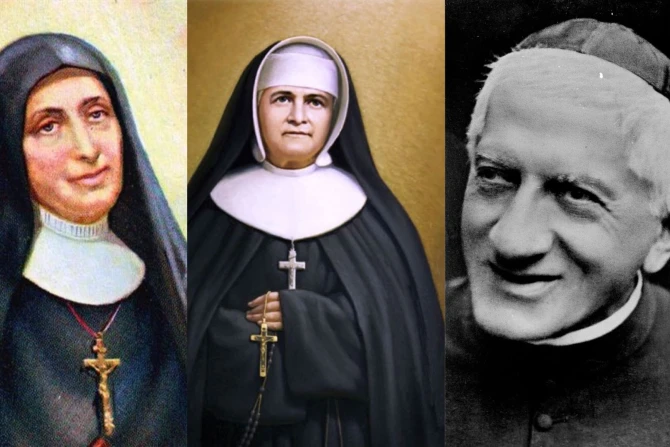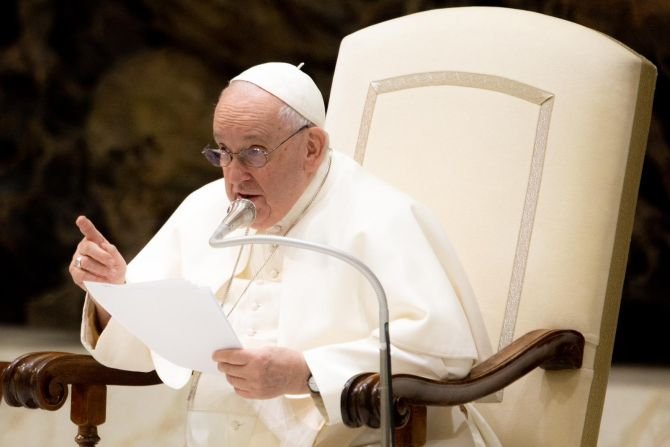From July 10 to 11, the city of Rome hosted the fourth annual Ukraine Recovery Conference, a major international summit bringing together more than 100 delegations and over 2,000 representatives from governments, civil society, and business. The goal: to forge concrete paths toward rebuilding a free and stable Ukraine.
But before the official conference began, a more intimate and symbolic meeting took place. On July 9, Pope Leo XIV welcomed Ukrainian President Volodymyr Zelenskyy to the papal summer residence of Castel Gandolfo for a private audience. According to the Vatican press office, the two “discussed the ongoing conflict and the urgent need for a just and lasting peace,” and Pope Leo reiterated his willingness to host both Ukrainian and Russian representatives for peace negotiations at the Vatican.
A Vatican-Based Initiative for Peace
For decades, the Vatican has quietly supported peacebuilding efforts across the globe, often behind the scenes. One such initiative is the Clementy Schuman Legacy Foundation, a private endeavor based in the Vatican. Founded by Pierre Louvrier, the Foundation convenes leaders in politics, business, and science to work on real, actionable tools for peace—rooted in the vision of Venerable Robert Schuman, one of the founding fathers of the European Union. Louvrier noted:
“What we’ve been discussing for more than two years here in the Vatican is how to give a new purpose so people can unite again. From this unity around the purpose, create the conditions for peace. The core of the proposal is something that has already been proven for the last 75 years in Europe. Gathering people around common markets, gathering people around defence alliance so people can protect each other and it has been inspired obviously by Robert Schuman and invited by Monet. We are working here at the actionable ideas for 500 million people and we believe it can work for more.”
Although the Foundation operates independently of the Holy See, Louvrier expresses deep gratitude for the Vatican’s ongoing support in providing a safe and neutral space for conversation—particularly for people coming from places where even talking about peace can be seen as a betrayal:
“We are extremely grateful to the Vatican for providing the roof for these discussions, so people who come here they find the refuge where they can talk and where they can talk about the peace. The Vatican here offers what the Church has always offered: a refuge where people can talk about peace and practical solutions.”
While the Clementy Schuman Foundation is not a formal diplomatic arm, its gatherings are intentionally designed to foster a renewed common purpose and develop workable frameworks for peace and prosperity.
From Policy to Personal: Peace in the Hills of Tuscany
In the hills of Tuscany, the concept of peace takes an even more human shape. There, the Rondine community brings together young people from opposing sides of global conflicts—including Ukrainians and Russians, Israelis and Palestinians.
At Rondine, they are not enemies. They are classmates. Roommates. Friends.
Bind, a student from Kosovo, commented: “Peace for me is living in a country and not thinking that there’s another side or there’s an enemy, but there’s no enemy. You just live. They are neighbours.”
Valeria, a student from Ukraine, added: “Come and meet people, come and meet enemies, and in that I’m finding peace.”
Rondine “Cittadella della Pace” was founded by psychologist Franco Vaccari, whose father—a former army general and prisoner of war—instilled in him a lifelong commitment to peace. Today, the town is a refuge for those looking not to escape war, but to learn how to stop it. He shared:
“We are very attached to St. Francis of Assisi of La Verna because it was there that he received the stigmata. But we have always seen them as the wounds of humanity, transfigured by love. And this is incredibly meaningful, because we go to La Verna with Muslims, with Jews, with non-believers—and all of them find in this man a source of life and peace.”
Inspired by the Popes
Rondine’s work has been shaped by the messages of both Pope Francis and Pope Leo XIV. Just weeks before his death, Pope Francis wrote from his hospital bed that we must “disarm words, to disarm minds and disarm the Earth.” Pope Leo’s own call to personal encounter has also struck a chord in the Rondine community.
Vaccari added:
“Pope Leo told us: enemies must look each other in the eye. And here at Rondine, we know very well that he spoke a powerful truth: either enemies look each other in the eye, or peace will never come.”
The students living in Rondine are doing exactly that—not through diplomacy, but through daily, shared life.
Bind shared, “I grew up on the way of thinking that we had this narrative about the war because. As you probably know, our war stopped because [there was a] need to intervene. So, for us they are like big friends, allies, we love them. But when I came here, I hung out with people from Lebanon and from the Middle East and from other countries that they had different kind of perspective about all these things.”
And Valeria added, “Rondine is not about sitting around a table and negotiate. Rondine is about daily life. So, I’m waking up and the first person I’m seeing for two years during the experience is like my enemy that is sleeping in the bed in front of me and then we are waking up together, having coffee, having breakfast, taking care of each other. And that makes you feel important, although she’s my enemy. I’m important for her and she is important for me as well.”
Learning to Live Peace
In this small oasis in Tuscany, students who once bore the pain of conflict are learning to live outside of it. Not through theory or slogans, but through coffee, conversation, and compassion.
Here, they find peace not in avoiding the enemy, but in knowing them.
And when they return home, they carry with them the hope that on the other side of conflict, there are not monsters, but people—trying, like them, to survive and thrive.
From Castel Gandolfo to Rondine, the Church’s witness for peace continues—quiet, patient, and deeply human.
SIGN UP FOR OUR NEWSLETTER HERE
Adapted by Jacob Stein
Camera by Sergio Natoli; Video Edited by Alessio Di Cintio

